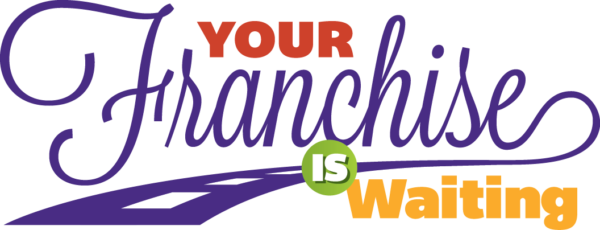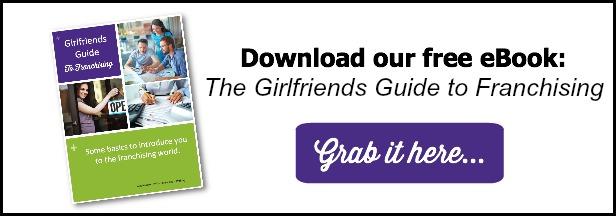Once you’ve gone through a divorce, it can be rough to think about going back into the workforce. Many women in your shoes have started their own businesses. Owning a business is hard work, but can be very empowering. If you don’t feel like working for someone else owning a franchise is something that should be on your radar. Franchising is perfect for first time business owners. Also as a mom, soon to be ex wife and runner of the household, sometimes having flexibility of your hours ( offered by certain types of home based businesses) may be just the ticket to get you back on your feet financially. If you think that owning a franchise could be right for you, the next logical question is, “How can I fund my franchise?” There are several ways that you can find the money to start your entrepreneurial adventure, but we’ll take a look at the three most popular ones to help you get started.
SBA Loans
A Small Business Administration (SBA) loan is a low-interest, long-term small business loan that is partially guaranteed by the government. There are various programs available through the U.S. Small Business Administration that allow you to borrow money for almost any business purpose, including:
- Working Capital
- Purchasing inventory
- Equipment
- Refinancing debt
- Buying property or office space
- Funding for acquisition of another business
SBA loans have the lowest down payments and longest payment terms (5-25 years) of the financing options. Because they are government loans, the interest rates are reasonable – currently under 7% – and the variety of programs means that an SBA loan can be used for a wide range of business functions.
The downsides of applying for an SBA loan are the lengthy application process and the extensive paperwork required. SBA loans also require collateral to ensure that the loan is paid, which can be difficult for new business owners.
ROBS
A Rollover for Business Startups (ROBS) is not a loan. A ROBS allows you to invest your retirement funds into your business without paying early the withdrawal penalties or income taxes that usually apply. Since a rollover for business startups is not a loan, there is no interest and no debt to be paid back, which means you keep more of your business’s profits.
A ROBS allows you to buy an existing franchise or business, start your own business, or refinance an existing business or franchise. Along with no interest rates and no income tax, a ROBS has no impact on your personal credit. Because you are using your own retirement fund there is no need for collateral or a personal guarantee which means your home and other personal assets won’t be affected if the business fails.
An obvious con of a ROBS is business failure – if your business or franchise fails, you could lose your money. Doing a ROBS also increases the likelihood that your business could be audited by the IRS. For your ROBS to work, the business must be owned as a C corporation – often, an LLC or a partnership is a much simpler structure for small businesses, and also have some tax advantages that you won’t be able to take advantage of as a C corporation.
HELOCs
A HELOC loan is a Home Equity Line of Credit. Rather than a fixed dollar amount, a line of credit has a maximum withdrawal amount that can be paid down over and over – almost like a credit card. HELOCs are lines of credit that are attached to your home mortgage.
HELOCs are useful because they allow you to pay for intermittent needs such as unexpected repairs, paying down debts, and replacing equipment. Along with convenience, the upfront costs associated with HELOCs are also relatively low – on a $150,000 HELOC, settlement costs rarely exceed $1,000.
The biggest disadvantage of the HELOC is its interest rate risk. Because the interest rates on HELOCs are variable and calculated daily, changes to the market impact them. This means that you may withdraw money one day for a 5% interest rate, and the next year for a 7% interest rate. Unlike most adjustable mortgage rates, there is no adjustment cap, and the maximum interest rate you can be charged is 18% (16% in North Carolina).
These are just three of the many funding sources that can help you fund your franchise. For more information on how to fund your entrepreneurial venture, contact Jane Stein directly!


